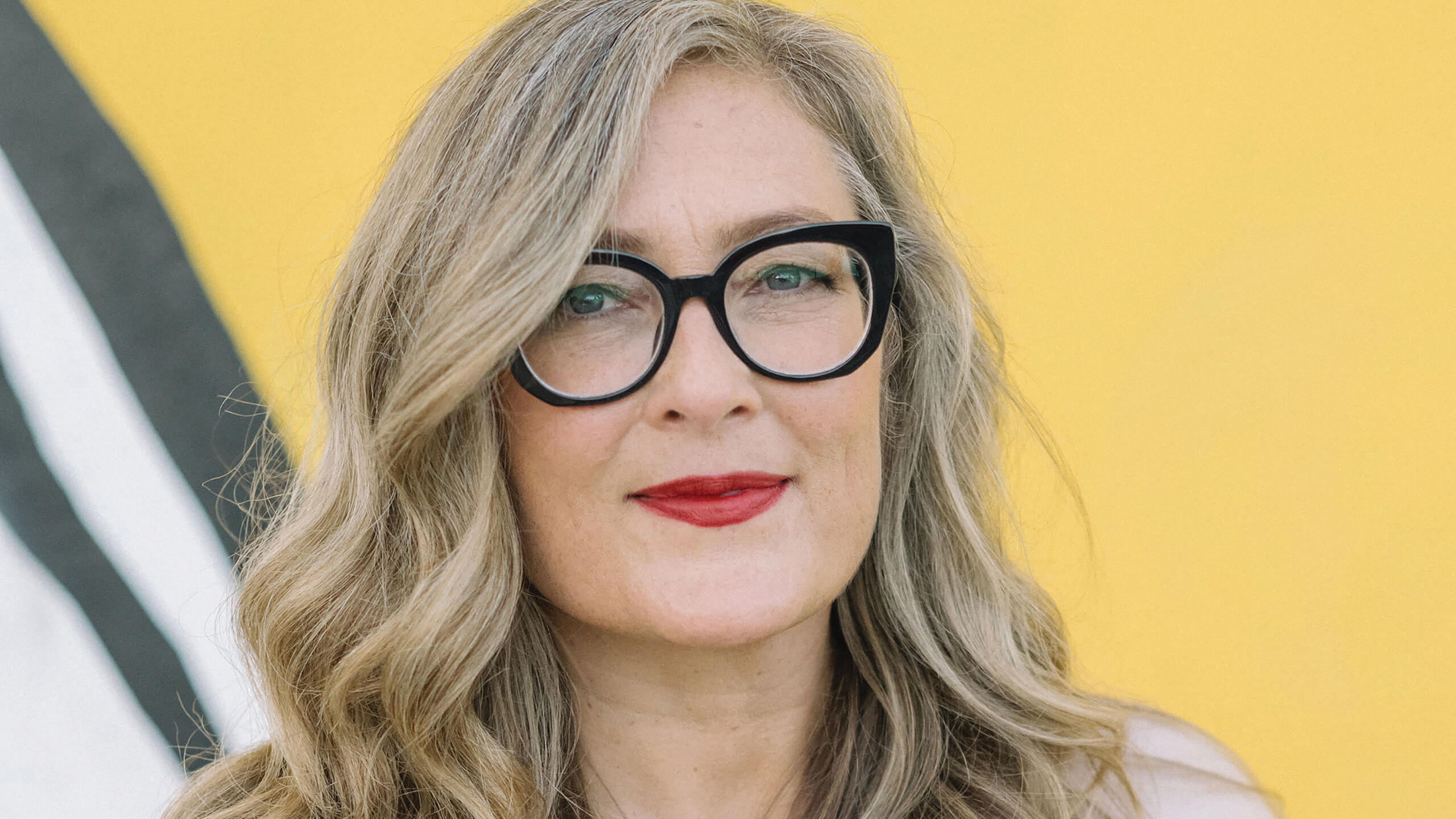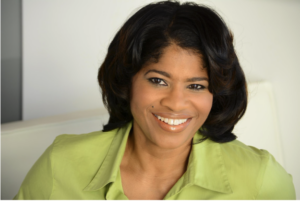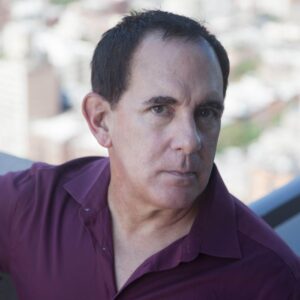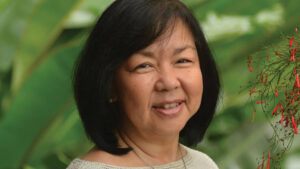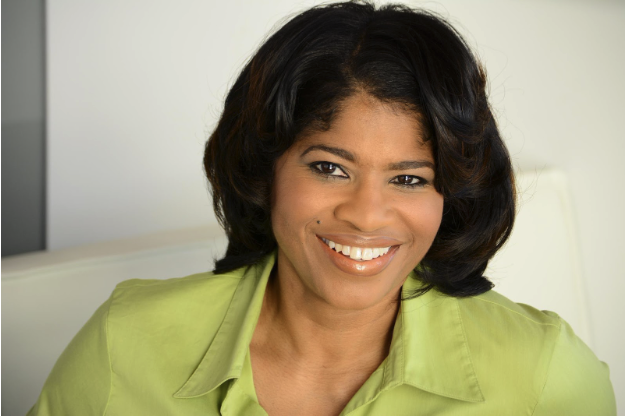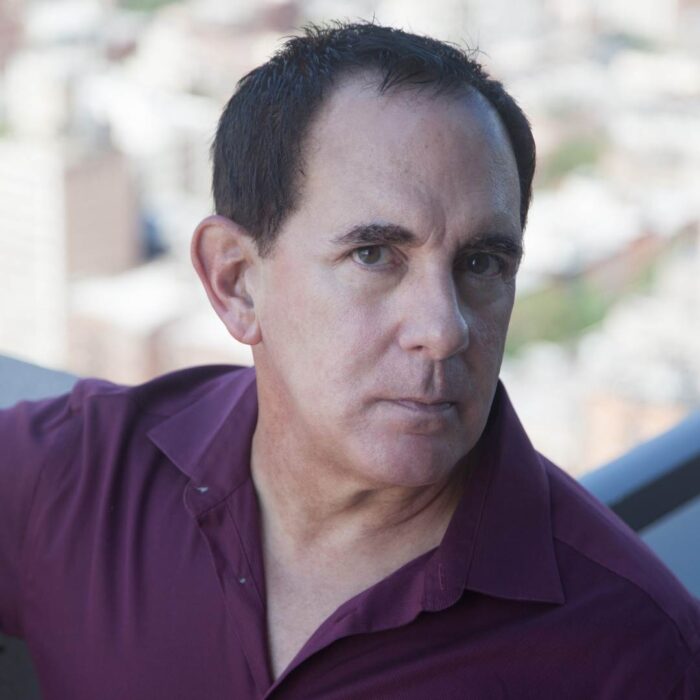An Interview with Kat Mische Elle
Melanie is a sought – after empowerment + mindset coach working with individuals and teams across the country to align and integrate their personal and professional spheres for increased success and abundance without compromising their joy. She is also a successful writer, speaker, and Professor of Sociology and Women’s Studies and has written and/or contributed to over 9 books on empowerment, personal transformation for collective liberation and cultivating resilience. Combining over two decades of professional and personal work, Melanie integrates her backgrounds in mindfulness and embodied wisdom with her academic expertise and advocacy work. In this way, she offers a holistic and unique pathway to personal freedom and prosperity, one that is customized and designed to each individual. She co-founded the Yoga and Body Image Coalition in 2014, one of her many efforts to create community, encourage collaboration and diversify the larger cultural narrative. Her TEDx, Conscious Empowerment & Collective Liberation, is now available online.
Melanie, when was the moment you first established a connection with yourself?
One of my most significant memories is being five years old playing in my grandparent’s backyard underneath the giant trees. I remember looking up at the sky and experiencing this poignant moment of feeling in touch with something much larger than myself. I could see myself, my consciousness, hovering above the scene and I was profoundly moved by my human self on the ground. It felt expansive and wonderous. I sensed that one day I would step into some enormous shoes and that something extraordinary was waiting for me.
What did your early years look like and how did it impact who you are today?
My parents were both hippies, but my father was American, and my mother German. After I was born, we moved to Germany to be closer to my mother’s family and lived there for several years until it became too challenging and taxing for my father. As an American who did not speak the language well, it eventually became hard for him to find work. Plus, the villages in Germany were not very welcoming to my hippie parents at the time.
So, we moved back to the United States. I felt completely ripped out of the environment that felt comfortable, loving, and warm. I felt deeply connected to my roots, family, and the land. California was nothing like the small village in Germany. The entire experience was jarring and created turmoil for me. And yet, it allowed me to see and experience an additional perspective that people, communities, and societies don’t all live the same way.
What significance have mentors had in your success?
Mentors have always helped shape my life. In my recent TEDx talk,” Conscious Empowerment and Collective Liberation” (available online), I describe the journey I spent during the year leading up to finding my first mentor in community college, my professor of Sociology of Women, Pat Allen. Before being introduced to her class, I was adrift and disillusioned bouncing from place to place trying to find myself. I landed in her class after a harrowing drive-by shooting that inspired me to go back to college and find meaning and purpose in my life.
Pat introduced me to sociology, media literacy and feminism. All three theoretical perspectives provided explanations, justifications, statistics, and research to unburden my experiences and feelings that up until then I had blamed myself for. This newfound awareness allowed some of the shame and guilt I’d been carrying to begin to slide off my shoulders allowing room for possibility.
It was liberating! Like a lightning bolt, a thunderclap—the most resounding and clearest moment of my life. I wanted more of this sense of agency, possibility, and the ability to make conscious and deliberate choices on my own terms while contributing to the collective. Through Pat Allen’s mentorship and belief in me, I knew I could be a leader on my own.
I transferred to a four-year university to become a professor. When I didn’t trust myself, I knew I could trust Pat and what she saw in me. Eventually I became a professor of Sociology and Gender/Women’s Studies. People who had known me in my early teens were shocked that I could create that arc of change in my life. I have Pat Allen and all the mentors who guided and supported me over the years to thank.
When did you incorporate yoga into your life?
I stepped into my first yoga class in 1996. I discovered that my yoga, meditation, and mindfulness practices were natural supplements to what I had been receiving from my sociology and gender/women’s studies classes and media literacy education. Both my embodied practices and my critical awareness from my years as a student allowed me to raise my consciousness. In my first book, Yoga and Body Image: 25 Personal Stories About Beauty, Bravery and Loving Your Body, I sum it up by stating “Feminism freed my mind, yoga freed my body.”
I had been practicing for about four or five years when I noticed some interesting trends occurring, not within the practice itself, but within the culture. I was alarmed by what I was starting to see. The advertisements and content in mainstream yoga magazines were beginning to change. It was eerily similar to what I had always seen in the diet, fitness, and beauty industries. I began to witness the commodification and objectification of yoga bodies, yoga practitioners, and the practice itself. I thought, “Okay, this is not acceptable to me.”
Yoga and meditation had always been a saving grace for me, a sacred space where I could step out of the noise, confusion, and chaos without all of the advertisers vying for my attention, telling me who I should be and what I should want. This was the only place where I could truly learn how to be quiet and listen deeply. Now contemporary society, capitalism, was coopting and this sacred practice.
I thought, “Okay, I need to do something. I have all this training about privilege, oppression, systems of domination, and internalized oppression. I know how this operates, and I know how to begin to challenge it.” So I did.
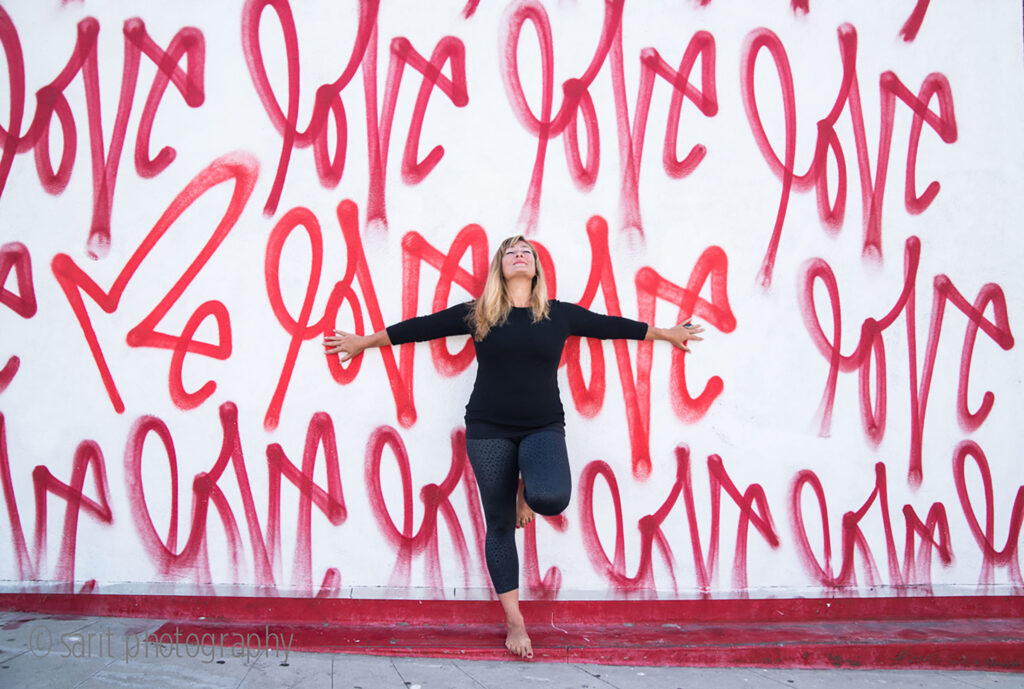
How did blending sociology and yoga complement your life’s direction?
After the alarm bells went off in my head as these new trends began to appear in the culture and business of yoga, I began to officially merge the two things that had made the significant shift I was experiencing in my life. I had always seen them as the same thing – raising consciousness in order to be better and do better.
I began to use my academic background to write and present at sociological conferences around the country. I presented papers such as McYoga: The Diet for Spiritual America and The Rise of the Yoga Celebrity. I employed various sociological theories around culture and macro systems of oppression to analyze what I was seeing within a practice from India that was being appropriated and mutilated by western consumer culture. Many individuals in the academic world felt that this was a fluffy topic and not something to be taken seriously. But I continued to do my work.
In 2010 I critiqued an online yoga blog for its distorted representation of the women’s movement, and as a result, the blog asked me to write for them from a feminist perspective. I took that opportunity because I understood this was where I could make a bridge. I talked about wellness, yoga, and meditation in academic spaces. I knew it was the right time to bring critical consciousness and theoretical research to deconstruct and analyze what was happening into the wellness space.
Platforms such as Facebook and Twitter were only a few years old in 2010 and yoga, mindfulness and wellness communities were just starting to appear online. I was one of a few who were the first to talk about how sexism, racism, commodification, sizeism, ableism, ageism, classism and heteronormative values and norms were being produced and reproduced within these communities. As is common when at the forefront, these critiques were met with quite a bit of backlash and pushback.
How have you worked to reduce the vibe or effect of marketing in yoga and the cultural narrative?
Many of the neoliberal white people who came into yoga and wellness as a form of escapism or to let the “universe take care of everything” didn’t want to hear any critiques of sexism, racism, ableism, or ageism. People made it clear that they didn’t want to have that conversation within yoga and meditation spaces – or anywhere else, to be honest.
Despite the resistance, I began to build incredible relationships with incredible, like-minded people doing deep and empowering work who became contributors in the first anthology I published with my co-editor, Anna Guest – Jelley, Yoga and Body Image: 25 Personal Stories About Beauty, Bravery, and Loving Your Body (Llewellyn Worldwide, 2014). We were clear that we would not publish the book if we had to depoliticize or diminish the truth we wanted to share. We were also clear that we did not want a cover image with the traditional stereotypical image of a thin, young, and flexible white woman practicing yoga. It was the most empowering and encouraging experience to have editors and a team who completely supported what we wanted to convey.
About a year before the book’s publication, I began to see many of the topics our contributors and I wrote about in the book reduced to slogans and catchphrases such as “love your body.” While I could appreciate the sentiment, I was concerned that the political undertones and collective work was being reduced to nothing more than a catchy hashtag. Having studied social movements, I knew all too well that mainstream culture and media has a long history of co-optation. It’s like, here’s something to capitalize on, something else to sell. So, before the book came out, I felt compelled to create a coalition where we could aggregate our voices to actively agitate and educate as a pathway to social change.
I also knew that there were other people, not only across North America but all around the world, who were also thinking and feeling the way my colleagues and I did but were not finding like-minded people. An additional intention in co-founding the Yoga and Body Image Coalition was to create community connections and solidarity.
There were and continue to be a lot of challenges from cultural appropriation, commodification, and objectification to accessibility. That was our work and our mission… to create change. And while there continues to be work to do, the wellness industry has radically transformed beyond what we could have imagined back in 2010. There are conversations and actions being led by dynamic leaders around cultural appropriation. Ad campaigns and representation in yoga publications and festivals are more likely to feature a diversity of sizes, ages, abilities, races, gender identities, and sexual orientations.
When we can tap into the power of the collective consciousness, we can do some extraordinary things.
The work my colleagues, allies and I have done to help reshape the conversation and imagery in wellness spaces and beyond is evidence of how much power we have individually and collectively. We can absolutely reject, resist and reshape the world around us.
My sociological, gender/women’s studies and media literacy education, as well as my mindfulness and embodiment practices, social justice work, and, most importantly, that first awakening I had as a young girl made it clear and demonstrated that we all have much more power, agency and possibility than the stories we’ve been told.
What advice would you offer to upcoming generations of women?
Remember that it is not your fault if you feel displaced, invisible or disempowered. That was huge for me, recognizing it’s not my fault. I’m not the problem. These systems of oppression are the problem.
Liberation came from the understanding that I have choices. YOU can make empowered and conscious choices, too. Think about:
- What do you want to challenge?
- What do you want to create and share?
What is the best way for people to find and follow you?
Melanie C Klein
melaniecklein.com
Instagram @melmelklein and LinkedIn @ Melanie Klein.

